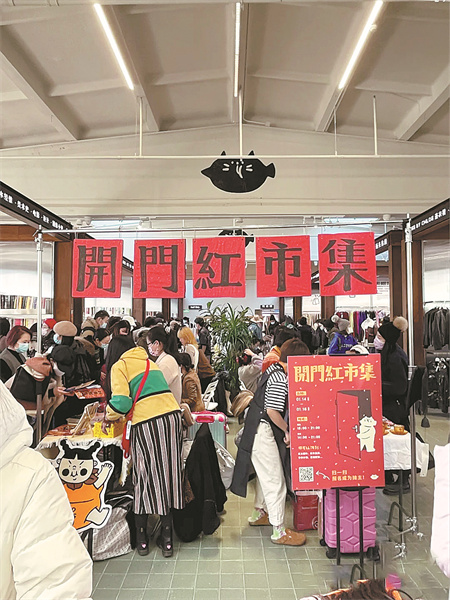Second hand markets flourish all across China


Low-carbon lifestyle
The trading of second hand goods can also effectively promote the efficient use of recyclable resources in China, thus helping the country to achieve its goal of peaking carbon emissions and achieving carbon neutrality.
The second hand trade of a mobile phone can reduce at least 25 kilograms of carbon emissions while that of a household refrigerator can reduce it by 130 kilograms, based on calculations in a report jointly released by Frost & Sullivan and the Institute of Energy, Environment and Economy at Tsinghua University.
Hu Xinyue, a 27-year-old advocate of a low-carbon lifestyle, was pleased with her purchase of a small electric fan and a water bottle. Both are second hand goods.
The water bottle, which happens to be in her favorite color, had been put aside by the seller for almost half a year before Hu bought it from the online flea market Idle Fish.
Hu shared this experience with more than 7,000 followers on her account at the social media platform Little Red Book.
She has been actively giving tips on how to reduce the use of plastic goods in daily life since she opened the account in December last year. Buying second hand goods, clothes and household appliances is a good option, Hu suggested.
"After the Singles Day shopping spree in November last year, I was surprised to see that cartons and plastic bags were discarded everywhere in my living compound. I'm afraid that we will have to live with trash in the future if we don't take any action now to protect the Earth, so I decided to start with myself," she said.
Hu has received positive feedback from both online followers and friends in real life, telling her that they have been encouraged by her to live a more low-carbon lifestyle.




































